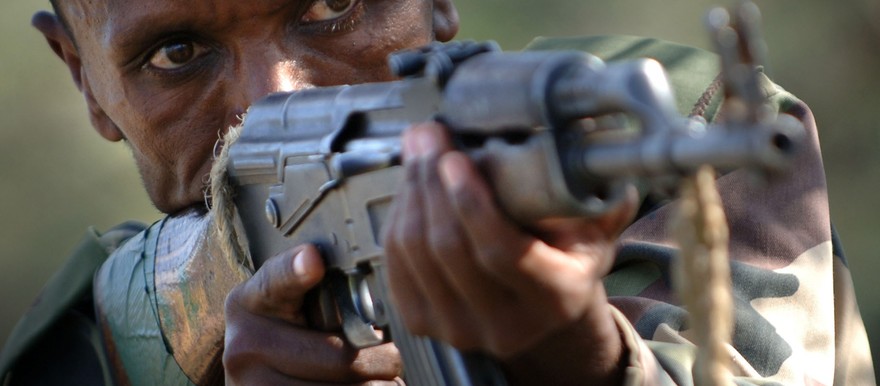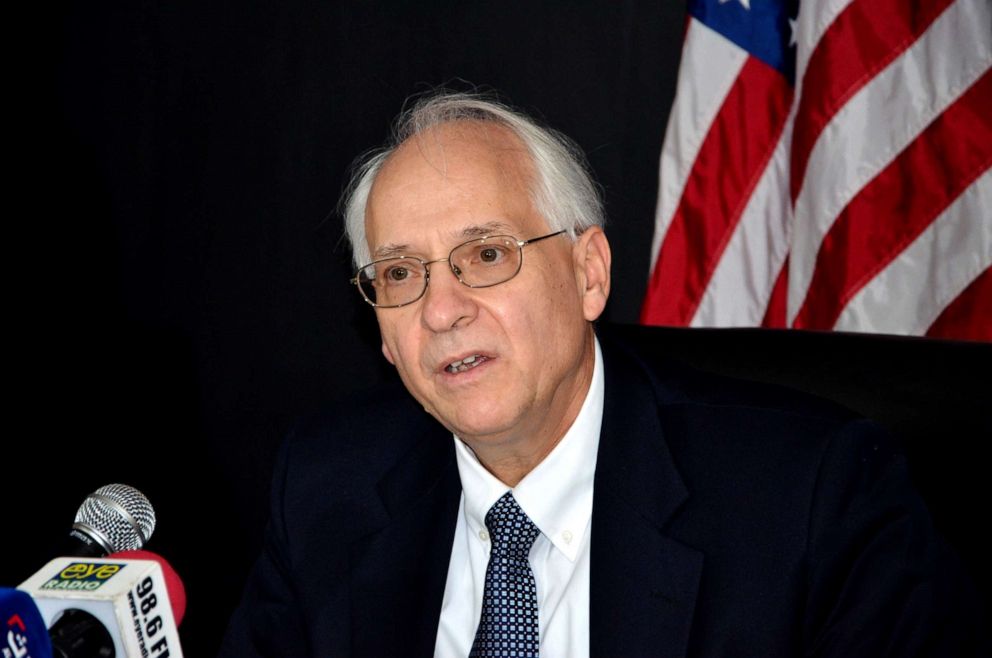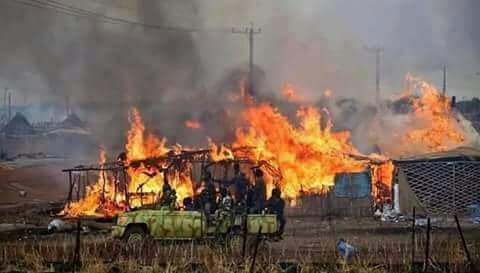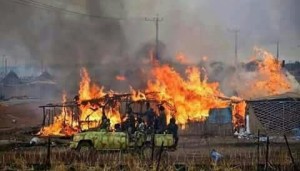In light of UN Women’s Generation Equality Forum, Darfur Women Action Group is sharing how Darfuri women are answering to the devastating inequalities they face. Though an afterthought to most governments, gender inequality has bled into the world of genocide, making women significantly more vulnerable to violence, specifically sexual violence, than men. The women of Darfur are meeting this challenge with strength.
To hear more voices from Darfur, read the stories below. They have been collected by Darfur Women Action Group as a way to raise awareness to the situation of women and girls in Darfur. They do not only show the horror of the mass atrocities in Darfur, but also the courage and resilience that these individuals have demonstrated in the face of the longest genocide in history.
Between Unspeakable Suffering and Outstanding Resilience
My name is Hawa Mohamed and I lived in a beautiful village in Darfur surrounded by tall acacia trees. Towards the west, there was a green valley named Azum that provided us with mango, guavas, oranges, and beautiful gardens for six months during the rainy season. Toward the east, there were sugarcane farms. I considered everyone in my village to be rich. Through hard work, they cultivated all types of grains, vegetables, and fruits. They also raised goats, sheep, and cows. Most people had what they needed to survive and only went to the market to buy clothes, soap, and sugar. Everyone was very friendly and supportive. If you needed help building a house, the community would come together and finish the house in one day. Life was beautiful and I was very happy.
It Was The Happiest Moment, and I Will Never Have it Back
My name is Aisha Khalil and I am currently living in an internally displaced person (IDP) camp in central Darfur. I am here because my life changed in July 2003, when I was only 10 years old. It was a beautiful sunny day in my village. It was a market day, which was always the best day of the week because my mom, dad, and grandmother would purchase all sorts of fruits and snacks for my siblings and me. In the evening, we gathered outside as they distributed our gifts. Grandmother told us stories under the moonlight and pointed out this one star that was higher than usual. She said it was a sign that it wasn’t going to rain much this year. We all laughed and asked how she knew such things. It was the happiest moment, and I will never have it back.
I Went to Jail Because I am Not Afraid to Stand Up for Rape Victims
My name is Fatima Gazali. I was born in Kurdufan, an area in Western Sudan. My family is from Darfur and still live there, so I consider myself to be a Darfuri as well. As a child, I used to enjoy watching movies on television, particularly the ones that had female characters that were journalists. They seemed so empowered and independent – everything that I wanted to become someday. As a teenager, I began imitating those characters by writing for school magazines and newspapers. I eventually went to college to study journalism. In 2001, I graduated and started working for a local newspaper in the capital of Sudan.
Lost and Helpless At a Camp In Chad
My name is Amani E. and I am a refugee from Darfur currently living in the Cary Yary Refugee camp in eastern Chad. I was born in Amboro village, in north Darfur, and I used to work as an elementary school teacher. I loved my job. Now I am a widow, and I raise two beautiful daughters who have lost their dad.







